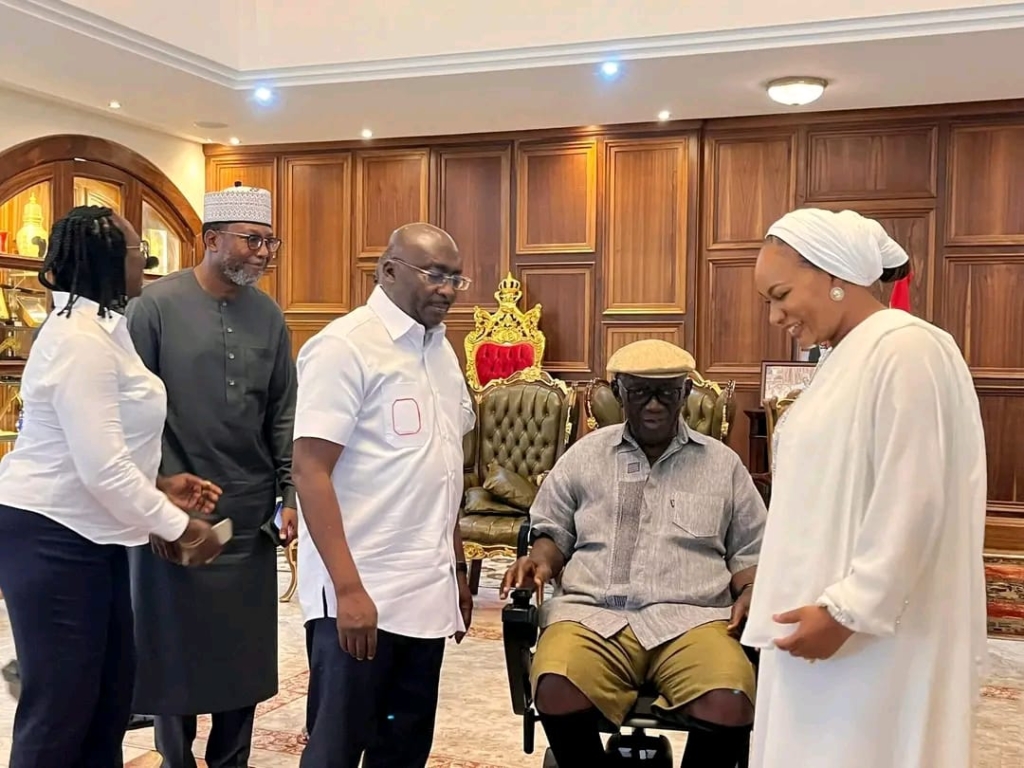
At a time when global appetite for oil investments is shrinking under the weight of the energy transition, Kadijah Amoah, CEO of Pecan Energies Ghana, has issued a bold call for African nations to turn inward and leverage the continent’s own wealth to fund the future of its oil and gas sector.
Speaking at the Africa Oil Week 2025 in Accra, during a forum titled Shaping Africa’s Upstream Future, from an Independent’s Perspective, Mrs Amoah urged policymakers and industry leaders to mobilise part of Africa’s vast pension funds, estimated at $250 billion, to finance oil and gas projects before the window of opportunity closes.
“WTO’s Director General, Ngozi Okonjo-Iweala, recently said African pension funds have about $250 billion combined. That’s significant. Given that oil and gas are time-bound, it is important to consider dedicating 10 per cent of pension funds in Africa to ensuring that we get the oil out of the ground. That will be a game changer for Africa’s international oil companies to take projects to the next level,” Mrs Amoah said.
Her message was clear: with international oil majors scaling back exploration in emerging markets, African producers must become “intentional and deliberate” about funding their own future.
A Homegrown Financing Solution
Amoah argued that Africa cannot rely on international capital markets alone, as ESG pressures and climate commitments increasingly constrain funding for hydrocarbons. Instead, she highlighted the role of regional financial institutions such as the Africa Finance Corporation (AFC) — which owns Pecan Energies — and the newly established Africa Energy Bank, describing them as critical vehicles for sustaining upstream development.
“Africa needs homegrown solutions to its financing gap,” she said. “Mobilising pension funds, supported by African development finance institutions, will ensure that our independents have the capital they need to survive and thrive.”
Pecan Project as a Test Case
Pecan Energies, which operates the Deepwater Tano/Cape Three Points Block offshore Ghana, epitomises the opportunities and challenges Amoah referenced.
The field holds estimated recoverable reserves of between 300 and 450 million barrels, with potential upside of up to 1 billion barrels.
According to Rystad Energy, the project remains profitable at oil prices above $30 per barrel, underlining its resilience in volatile markets.
Ghanaian officials had expected first oil by 2026, ramping up to around 80,000 barrels per day.
This would push Ghana’s overall production beyond 200,000 barrels per day, cementing the country’s role as a rising energy hub in West Africa.
The project’s partners include Lukoil (38%), Ghana National Petroleum Corporation (GNPC, 10%), and FuelTrade (2%), with growing speculation that oil supermajor Shell could acquire a stake, a move Ghanaian President John Mahama recently described as a major vote of confidence in Ghana’s energy future.
The Bigger Picture
Amoah’s intervention comes at a pivotal moment. While global investors are retreating from fossil fuel projects, Africa’s demographics and development needs demand reliable energy. Oil and gas revenues remain critical for infrastructure, education, and healthcare.
For Amoah, the message is urgent: the continent must act now, before global momentum shifts decisively away from hydrocarbons.
Unlocking even 10 per cent of Africa’s pension funds could provide a catalytic pool of $25 billion — enough to de-risk projects, attract co-investments, and drive new upstream developments across the continent.
“Oil and gas are time-bound,” she warned. “If we don’t get the resources out now with our own funding, the opportunity may pass us by.”


